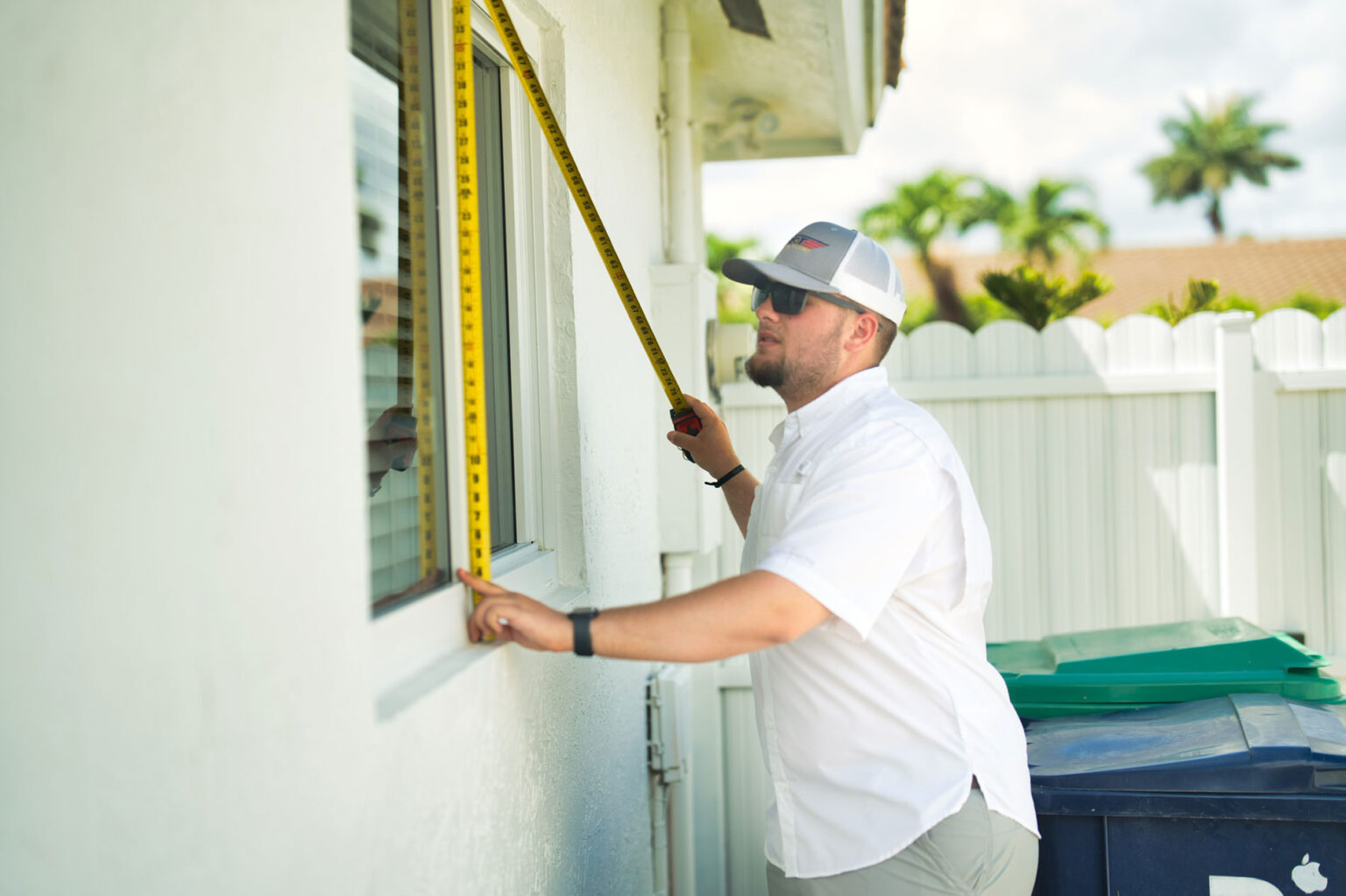
Hurricanes are among the most devastating natural disasters, capable of wreaking havoc on homes and communities. Choosing windows and doors becomes paramount as homeowners in vulnerable regions seek to fortify their properties against such threats. One crucial factor that significantly impacts the performance of these protective features is their thickness.
Understanding Impact Hurricane Windows and Doors
What Are Impact Hurricane Windows and Doors?
Impact hurricane windows and doors are designed to withstand hurricanes and severe storms’ high winds and flying debris. They are constructed using durable materials such as laminated glass and reinforced frames to provide enhanced protection compared to traditional windows and doors.
The Importance of Thickness
The thickness of impact hurricane windows and doors is critical in determining their ability to withstand the forces exerted during a hurricane. Thicker materials offer excellent resistance to impact and deformation, thus providing superior protection for homes and occupants.
Factors Influencing Thickness
Material Composition
The materials used to construct impact hurricane windows and doors greatly influence their thickness and overall performance. Laminated glass, for example, consists of multiple layers of glass bonded together with an interlayer of polyvinyl butyral (PVB) or ethylene-vinyl acetate (EVA). The thickness of these layers can vary, with thicker laminated glass offering increased strength and durability.
Structural Design
In addition to the materials used, the structural design of impact hurricane windows and doors also affects their thickness. Reinforced frames and support systems help distribute impact forces more effectively, reducing the reliance on thick glass alone. By optimizing the design, manufacturers can achieve the desired level of protection without compromising aesthetics or functionality.
Exploring Thickness Variations in Impact Hurricane Windows and Doors
Thickness Ranges
Impact hurricane windows and doors are available in a range of thicknesses to accommodate varying levels of protection and aesthetic preferences. The thickness of the glass typically ranges from 0.25 inches to 1 inch or more, depending on the manufacturer and specific product specifications.
Standard vs. High-Impact Glass
Standard impact windows and doors typically feature glass with a thickness of around 0.25 to 0.5 inches, offering essential protection against wind-borne debris and moderate impact forces. While suitable for many residential applications, they may not provide adequate defense against the most severe hurricanes and storms.
In contrast, high-impact glass options utilize thicker laminated layers, typically ranging from 0.5 to 1 inch or more. These products are designed to withstand extreme wind speeds and projectile impacts, making them ideal for properties located in hurricane-prone regions or areas with stringent building codes.
Customization and Tailored Solutions
Manufacturers of impact hurricane windows and doors often offer customization options to meet the unique requirements of individual homeowners and projects. This includes selecting specific thicknesses, glass compositions, and frame materials to achieve the desired level of protection and aesthetic appeal.
By working closely with manufacturers or authorized dealers, homeowners can explore various customization options and tailor their window and door solutions to suit their needs and preferences. This personalized approach ensures that the final product meets safety standards and enhances the overall look and feel of the home.
Performance Benefits of Thickness
Enhanced Impact Resistance
Thicker hurricane windows and doors are better equipped to withstand the impact of airborne debris, such as branches, rocks, and other projectiles propelled by high winds. The additional layers of glass provide a robust barrier against penetration, helping to prevent damage to the home’s interior and potential injury to occupants.
Improved Structural Integrity
In addition to impact resistance, thicker windows and doors offer greater structural integrity during extreme weather events. They are less prone to flexing or bending under pressure, reducing the risk of failure and ensuring continued protection against wind, rain, and debris ingress.
Noise Reduction
Thicker glass has the added benefit of reducing outside noise infiltration, creating a quieter and more comfortable indoor environment. This can be particularly beneficial for homeowners living in busy urban areas or near noisy thoroughfares, where external disturbances are a constant concern.
Considerations for Thickness Selection
Building Codes and Regulations
Before selecting impact hurricane windows and doors for your home, it’s essential to familiarize yourself with local building codes and regulations. These guidelines often specify minimum thickness requirements based on factors such as wind speed, geographic location, and risk of hurricane exposure.
Cost vs. Benefit Analysis
While thicker windows and doors offer superior protection, they typically come at a higher cost than standard options. It’s essential to weigh the benefits of increased thickness against the associated expenses and determine the best balance between safety and affordability for your budget.
Consultation with Experts
Consider consulting with industry experts or licensed contractors for personalized guidance on selecting the right thickness for your impact hurricane windows and doors. They can assess your needs and recommend products that meet your safety requirements and aesthetic preferences.
Energy Efficiency Considerations
In addition to protecting against hurricanes and severe weather, impact hurricane windows and doors can improve energy efficiency and indoor comfort. Thicker glass with multiple layers offers better insulation properties, helping to reduce heat transfer and maintain more stable indoor temperatures throughout the year.
By investing in high-quality, energy-efficient windows and doors, homeowners can lower their heating and cooling costs, reduce reliance on mechanical HVAC systems, and create a more sustainable living environment. This added benefit further enhances the value proposition of impact-resistant products and underscores their importance in modern home construction and renovation projects.
Long-Term Durability and Maintenance
When evaluating the thickness of impact hurricane windows and doors, it’s essential to consider their long-term durability and maintenance requirements. Thicker glass and reinforced frames typically offer excellent resistance to wear and tear, ensuring prolonged performance and reliability in challenging weather conditions.
Furthermore, many impact-resistant windows and doors feature low-maintenance materials such as vinyl or aluminum frames, which require minimal upkeep and cleaning. This makes them attractive for homeowners seeking durable, hassle-free solutions that stand the test of time without constant maintenance or repairs.
Conclusion: Making Informed Choices for Maximum Protection
In conclusion, the thickness of impact hurricane windows and doors is a critical factor that directly influences their performance, durability, and effectiveness in safeguarding homes against extreme weather events. Homeowners can make informed choices prioritizing safety, comfort, and long-term value by understanding the importance of thickness and considering factors such as material composition, structural design, customization options, and energy efficiency.





